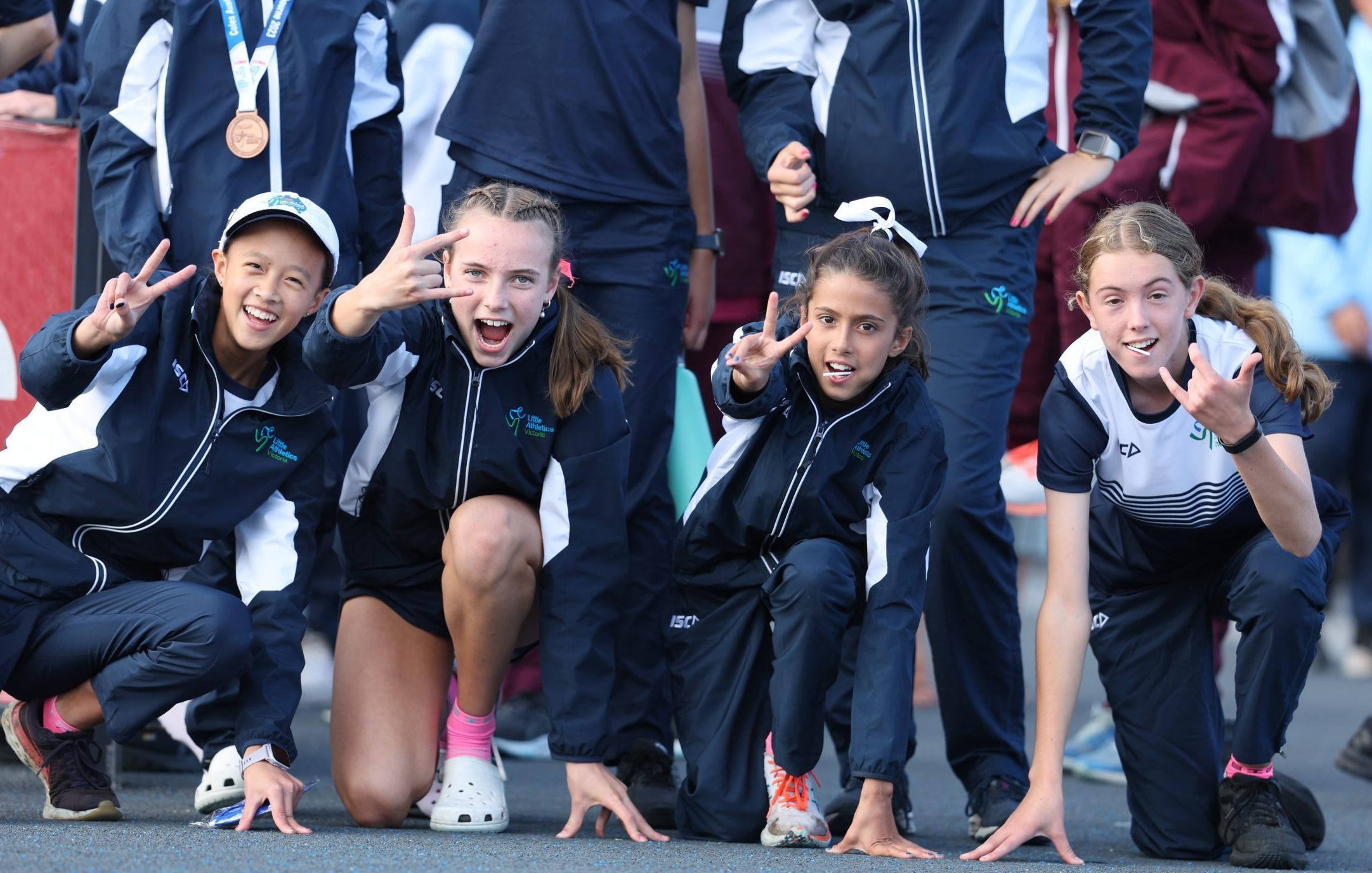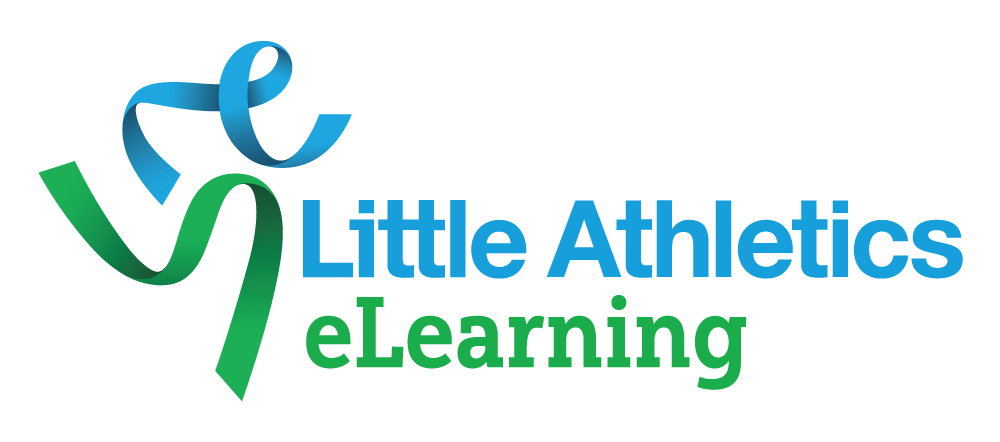Games

Games are a great way to provide structure to unstructured times.
- Unstructured time are periods when there are no specific instructions for the athletes such as waiting for their turn or event.
- Unstructured times are great for some children as this is when they can relax and socialise. For other children such as people with neurodiversity for example autism or Attention Deficit Hyperactivity Disorder (ADHD), unstructured time is complex and difficult. This is when you might see conversations splinter off from the main group, or children wandering away, or seeming to not listen.
To help athletes stay in the group or come back for their event, use games to provide some structure to the time.
The best games keep the athletes in a group and have minimal rules.
- Duck, duck, goose.
- Stuck in the mud.
- Statues.
- Red light, green light.
- What’s the time Mr Wolf?
Games are important part of athletics as they help to develop skills in a fun way. Many Centres will incorporate games into their weekly program for the younger age groups or while waiting between events.
Yulunga Traditional Indigenous games are suitable for all ages, abilities, and backgrounds. Some games which are athletics focused and require minimum equipment are:
- Barambah Gimbe.
- Borna Jokee.
- Inkanyi.
- Kai Wed.
- Kalkadoon Kee’an.
- Koolchee Koolchee.
- Mer Kolap.
- Nanyima.
- Riawena.
- Tarnambai.
- Thapumpan.
- Weme.
Games are used to learn/practice skills in a less competitive environment.





